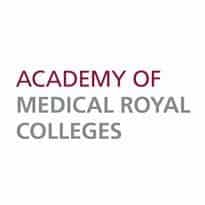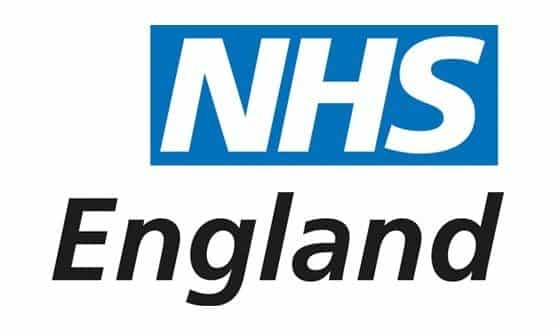Academy calls for standardised records
- 6 November 2013

Electronic patient records must be standardised to support both patient safety and patient access, the Academy of Medical Royal Colleges says today in a report on NHS IT.
The report calls for “radical changes” to healthcare IT to ensure that patients are treated safely and effectively, arguing that improved electronic records are crucial to delivering both.
Professor John Williams, Director of the Royal College of Physicians Health Informatics Unit, said: “The Francis Report and Berwick Review both identified that the NHS has lost its way, and must be reoriented to deliver patient-focused, compassionate, safe care.
"Central to achieving this is the availability of real-time accurate information that focuses on the patient.”
He added: “Today’s NHS information systems are way off the mark. This document sets out how we can realise the technology revolution.”
Electronic records systems must focus on the individual patient and not the disease, intervention or service in which they are seen, says AMRC’s report, ‘i-Care: Information Communication and Technology in the NHS’.
There is a need for standardised structure and content of records across the NHS as well as standardised views of records for patients.
Clinical IT should be kept up to date with upgrading built into contracts. IT system suppliers should focus on developing mobile solutions and publishing their interface specifications to allow apps to be integrated to wider systems.
All clinicians should receive training in clinical informatics so they both understand the need for accurate data in records and develop skills in getting the most out of information.
It stops short of calling for a single, centrally held record for individual patients, saying that there are too many issues around information governance, provenance and data completeness to move to such a system.
It also "urges caution" on the use of data from clinical records being used for payment purposes.
The report builds on work by the Royal College of Physicians, which has consistently argued for standardisation of electronic records, and was developed as a response to health secretary Jeremy Hunt’s call for a paperless NHS by 2018.
It cites a raft of existing standards that must be adopted, including SNOMED-CT, dm+d, HL7, the NHS Number, technical standards for operating systems, networking and application programme interfaces and professional standards for structure and content.
“Use of national standards will minimise inefficiency and error arising from diverse record structures in different organisations,” it says.
AMRoC also wants to see more user-centred mobile applications. The report says: “The safety of patients is dependent on many factors, but especially the quality of the data recorded about them and communicated between professionals.
"Much greater attention needs to be given to user centred design and sensitive deployment of new technologies such as tablet computers and ‘bring your own device’ to facilitate accurate recording, validation and transmission of patient data in the busy clinical environment.”
However, there is also a need to make sure that existing IT is kept up to date. The report says that too often IT implementations remain partial and that upgrading and updating is not built in, often severely impacting the ability to realise benefits.
It says: “This can cause reputational concerns and cynicism for IT developments. Additionally, if IT systems are poorly designed, they can be felt to be a hindrance rather than an improvement.”
It gives an example of an outdated lab order comms system that failed, forcing clinicians to return to paper processes for ordering test. This proved quicker than using the electronic system.
Professor Terence Stephenson, Chairman of the Academy of Medical Royal Colleges said: “Poor systems could disempower staff leaving them fighting to deliver care effectively and the Academy is committed to working with Department of Health, General Medical Council and NHS England to produce and maintain informatics standards.
“But, it’s clear for the findings that doctors, clinicians, nurses need to raise their game too, and we are dedicated to ensuring that the necessary skills are acquired so that the Academy’s vision can be realised.”




